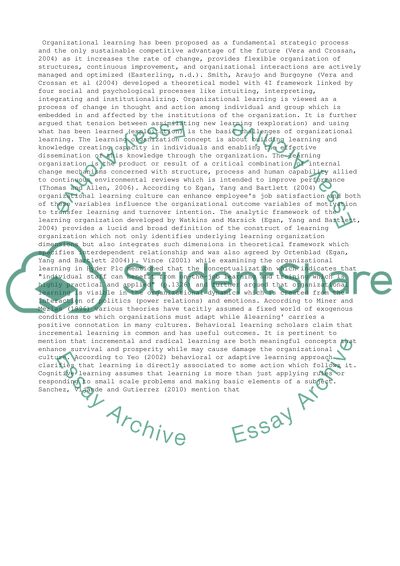Cite this document
(“Employee Reward nd Development Essay Example | Topics and Well Written Essays - 1500 words”, n.d.)
Retrieved from https://studentshare.org/management/1430257-employee-reward-and-development
Retrieved from https://studentshare.org/management/1430257-employee-reward-and-development
(Employee Reward Nd Development Essay Example | Topics and Well Written Essays - 1500 Words)
https://studentshare.org/management/1430257-employee-reward-and-development.
https://studentshare.org/management/1430257-employee-reward-and-development.
“Employee Reward Nd Development Essay Example | Topics and Well Written Essays - 1500 Words”, n.d. https://studentshare.org/management/1430257-employee-reward-and-development.


